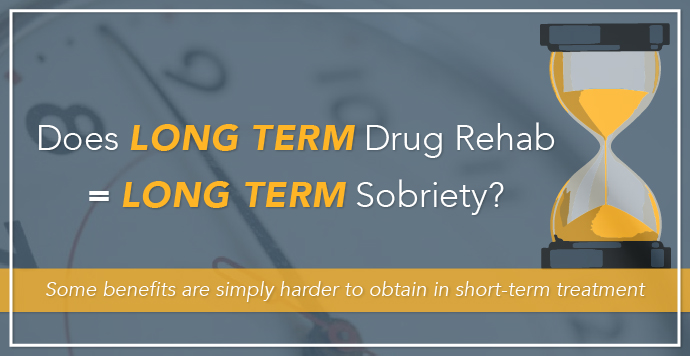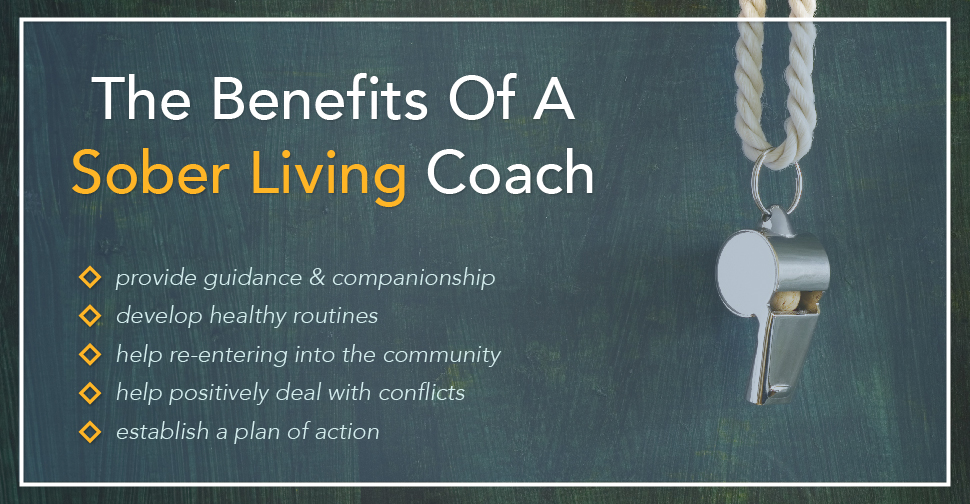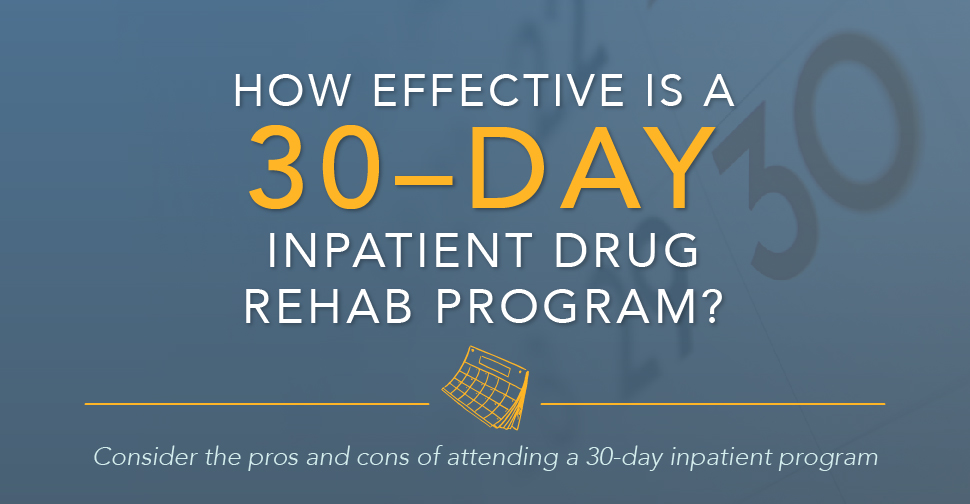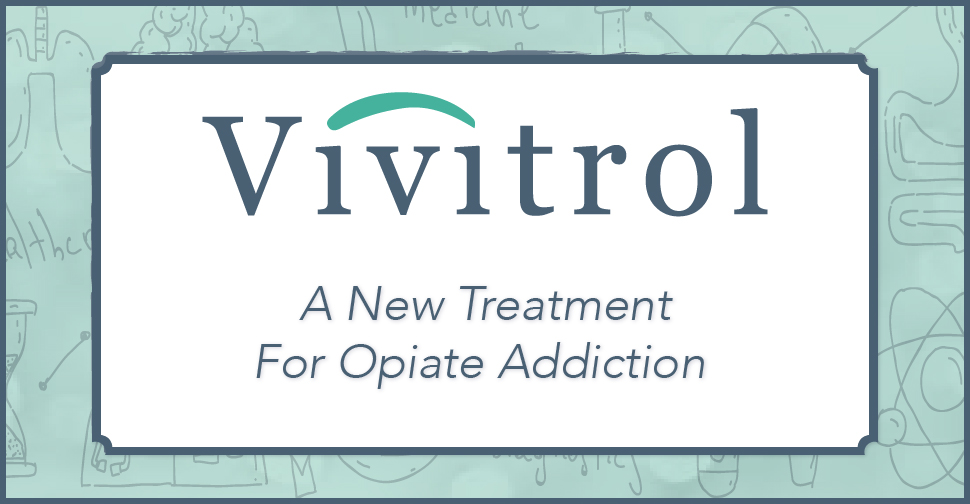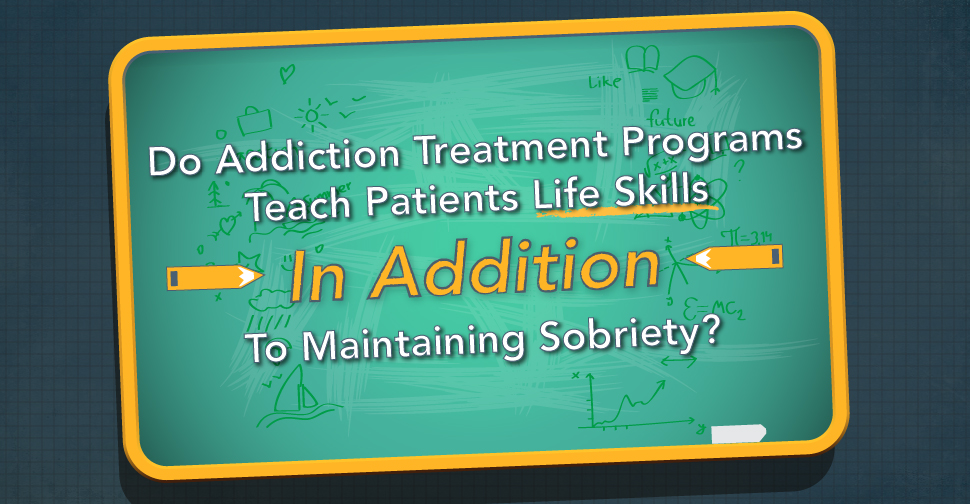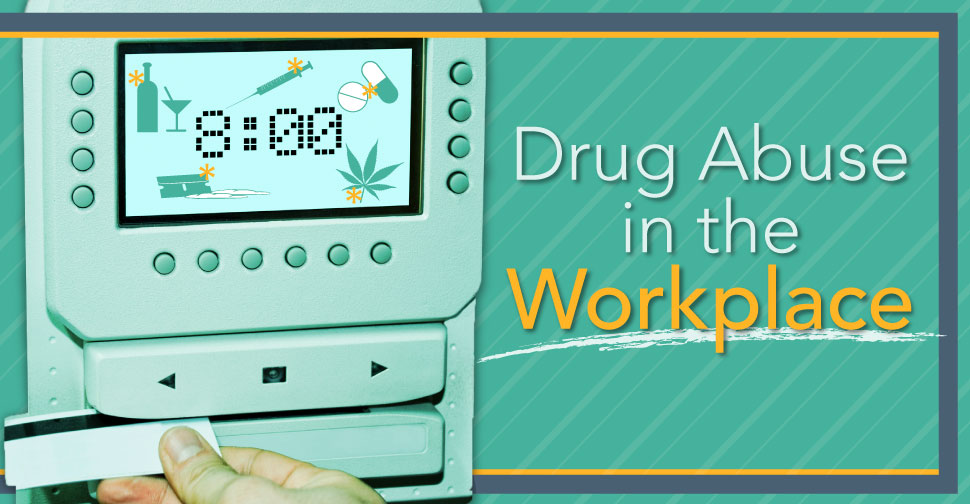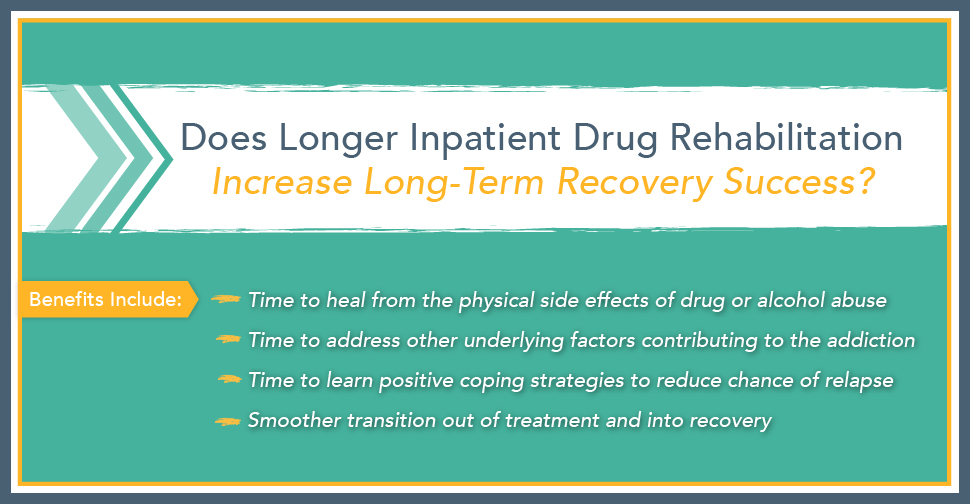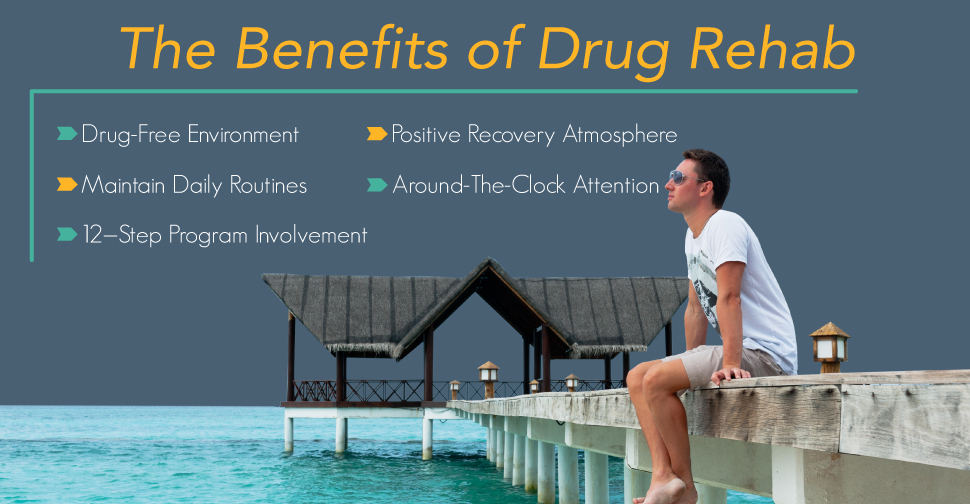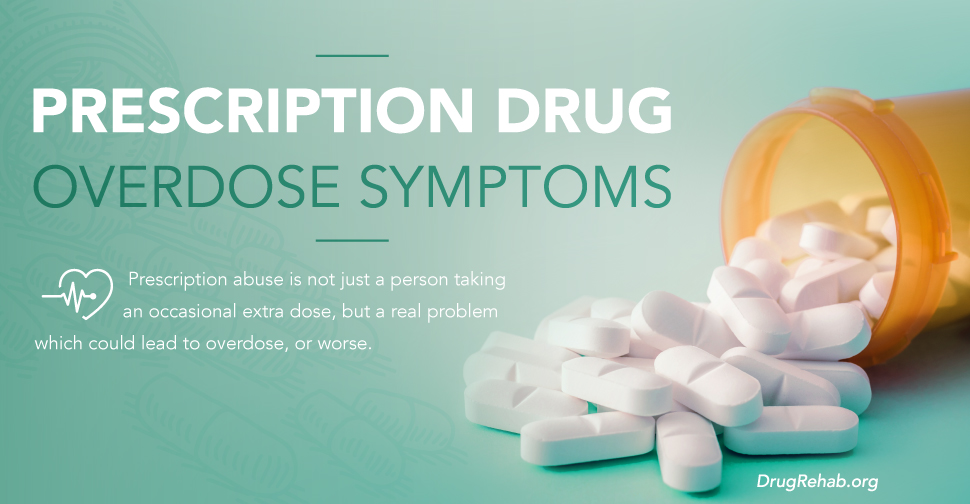
Abuse of prescription drugs is an issue that has deeply affected the United States in recent decades. According to the National Institute on Drug Abuse (NIDA), thousands of people die every year from prescription drug overdoses. In 2014, this number reached over 25,000.

However, there is now more access to treatment than ever for those in need, with treatment methods targeting effects of abuse and fostering abstinence. Unfortunately, a very small percentage of people suffering from substance abuse actually make it to treatment. That is why it is so important to know the warning signs of abuse so you can watch for and identify overdose symptoms should the need arise.
Signs Of Prescription Drug Abuse
Signs of abuse differ among prescriptions. Here are some common signs for each:
- Opioids (such as Oxycontin or Vicodin): Confusion, constipation, drowsiness, euphoric feeling, lack of coordination, and pain increase (rather than decrease) with higher doses.
- Anti-anxiety/sedatives: Confusion, drowsiness, dizziness, lack of concentration, slurred speech, memory issues, and slowed breathing.
- Stimulants: Agitation, anxiety, increased body temperature and blood pressure, irregular heartbeat, paranoia, and an inability to sleep.
If you suspect someone is suffering from prescription drug abuse, it may be best to try to approach the person about it in a way that is not combative. For instance, talking to the person about the issue privately, in a non-stressful environment may be best. We also recommend that you try to talk to the person, if at all possible, when they are not under the influence of the drugs.
Symptoms Of Prescription Drug Overdose
The National Council on Alcoholism and Drug Dependence (NCADD) defines prescription drug overdose as, “when a person takes more than the medically recommended dose of a prescription or over-the-counter drug and cannot detoxify the drug fast enough to avoid dangerous side effects.” Contrary to some media portrayals, this does not happen only when a person takes too much of a drug at one time but can happen slowly over time after too much of the drug’s chemicals have built up in the body. In these circumstances, these effects are called a chronic overdose or chronic toxicity.

Depressants, such as benzodiazepines and alcohol work to slow down the central nervous system, as may opioid painkillers which can also have depressant effects. When depressants take effect, they slow breathing and heart rates. For this reason, taking too much at a time or too many high doses over a long period of time may cause overdose. Stimulants are used for the calming effects they have, which may help a person to focus (such as someone with ADHD). But stimulants such as amphetamine, when not taken as prescribed, may increase a person’s risk of a number of health conditions, including heart attack and stroke, according to NCADD.
As with symptoms of abuse, overdose symptoms differ among drugs. The following are some of the common overdose signs for stimulants and depressants.
- Depressants: disorientation, decreased breathing or lack of breathing; sounds indicating a blocked airway, such as snoring or gurgling; blue lips or fingertips, unconsciousness, and lack of response to any type of stimulation.
- Stimulants: agitation, confusion, disorientation, hallucinations, increased body temperature, loss of consciousness, pain in the chest, paranoia, and troubles breathing.
In addition, various drugs may cause seizure (such as certain stimulants), while others, like opioids, may cause coma—either of these circumstances may result in death. Should a person choose to mix various types of drugs—such as two types of a depressant—the risk and dangers of overdose increase even more. Lastly, it is important to realize that an overdose may be accidental or intentional; regardless of how it occurs, a person needs help.
What To Do If You Suspect Overdose
First, if you suspect overdose because a person is unconscious, try saying the person’s name or stimulating him or her in some way. If there is no response, carefully roll the person to the side, in order to make it easier to breathe—in the case of a blocked airway, this can help open it and also helps to keep a person from choking should he or she begin vomiting. Otherwise, a person could aspirate their vomit, endangering their life. It is imperative that you strive to prevent the individual from taking any more drugs. It is necessary to get a person to medical care as soon as possible, so the sooner you contact emergency services, the better.

If you are not sure how to perform first aid or CPR, emergency services should be able to assist you with CPR instructions. Beyond this, MedlinePlus suggests that you take certain measures in preparation for treatment. It can be helpful if you prepare information about the individual and their state, including their name, age, weight and condition; what drug or drugs they took and how much, and also the time they last used the drug. MedlinePlus also suggests collecting “all drug containers and any remaining drug samples or the person’s vomit and take them to the hospital.” Overall, stay with the person until help can be reached—try to reassure the person that everything is alright and to make him or her as comfortable and as calm as possible until help arrives.
How To Find Help For Substance Abuse
Prescription drug abuse is not just a person taking an occasional extra dose but a real problem which could lead to overdose, or worse. Because of this risk, it is best to seek treatment for people afflicted with substance abuse or addiction. If a person has overdosed, after they have been properly stabilized, a detoxification period will first be necessary to rid the body of the harmful chemicals. After that, treatment can begin.
Methods of treatment vary for different people, but some include behavioral therapy, counseling, and medication. Behavioral therapy teaches participants to focus on abstinence and to engage in lifestyle habits which promote abstinence. Counseling helps a person work through the diverse thoughts and feelings which result from both drug use and recovery. Medication can help a person to deal with the harsh withdrawal period and may aid in overcoming intense cravings.
If a person needs a long-term treatment plan, it may be best to undergo recovery in an inpatient drug rehab facility. Stays can range from 30 to 120 days and beyond, and many facilities offer resources to connect participants with financial aid or even allow sliding fee pay scales. Whatever treatment is needed, it is important to have connections to resources and professional help on your side.
Recover Today
 If you or someone you know is struggling with prescription drug abuse, you don’t have to wait until overdose occurs to reach out for help. We have professionals dedicated to helping you find the right treatment and who will provide you with the information you need to make the best decision. We can also help you develop a prescription drug abuse prevention plan to aid in preventing the many risks of this abuse. Contact us today at DrugRehab.org to learn more.
If you or someone you know is struggling with prescription drug abuse, you don’t have to wait until overdose occurs to reach out for help. We have professionals dedicated to helping you find the right treatment and who will provide you with the information you need to make the best decision. We can also help you develop a prescription drug abuse prevention plan to aid in preventing the many risks of this abuse. Contact us today at DrugRehab.org to learn more.
Sources
Mayo Clinic — Prescription Drug Abuse
National Council On Alcoholism And Drug Dependence — Drug Overdose: A Medical Emergency
National Institute On Drug Abuse For Teens — Drug Facts: Prescription Depressant Medications
U.S. National Library of Medicine — Seizures associated with poisoning and drug overdose.
MedlinePlus — Drug use first aid

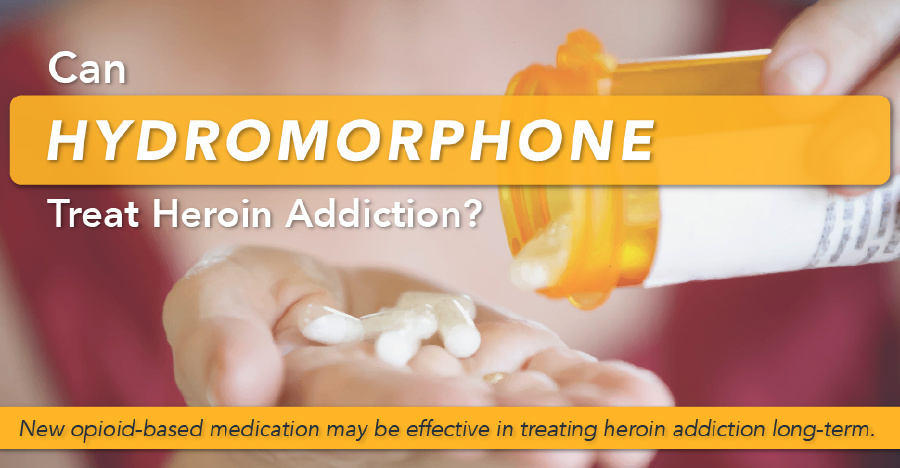
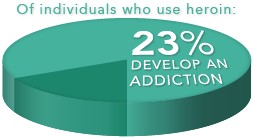 In the United States, an
In the United States, an 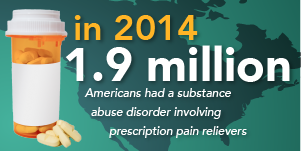 In light of the staggering rise in heroin usage in the United States, researchers have resolved to find alternative methods of relief.
In light of the staggering rise in heroin usage in the United States, researchers have resolved to find alternative methods of relief. 